
Confident your home’s value is climbing? You might want to take a closer look. Some so-called “upgrades” could work against you, chipping away at your resale price without you even realizing it. From quirky design choices to hidden deal-breakers, here are ten features that can just turn eager buyers into hesitant bargain hunters.
The Too-Personal Renovation

A custom-built wine cellar? A jungle-themed bathroom? Personalization is great—for you. But house hunters see dollar signs flashing, knowing they’ll need to tear it out and start over. The more niche your home feels, the smaller your interested parties get. Play it safe with timeless choices, or be prepared for viewers to mentally deduct the cost of undoing your vision.
Converting The Garage

That extra bedroom or home gym might seem like a smart use of space—until prospective owners start wondering where they’ll park. Most people prioritize a safe, covered place for their vehicles, and losing a functional garage can turn them away. A finished garage is fine, but removing it entirely? That’s risky business.
Over-The-Top Landscaping

A backyard paradise will easily cross the line into “high-maintenance headache.” A koi pond and elaborate garden structures look great in photos but translate to extra work for future homeowners. If visitors start calculating weekend-long upkeep routines, you’ve already lost them.
The Pool Dilemma

Not every home feature is a selling point, and pools are a prime example. While some envision weekends lounging by the water, others see nonstop expenses, cleaning, and liability concerns. An unused pool becomes a hassle rather than a perk in colder climates. Unless there’s a high demand in your area, a pool can reduce your pool of interested buyers—pun intended.
Bold Paint Choices

Imagine walking into a home with neon green walls in the living room and a jet-black ceiling in the bedroom. Some might love the bold choices, but most potential buyers will immediately picture themselves at the hardware store, picking out neutral paint. If a home feels like a renovation project before move-in day, many will simply move on.
Cheap Or Dated Fixtures
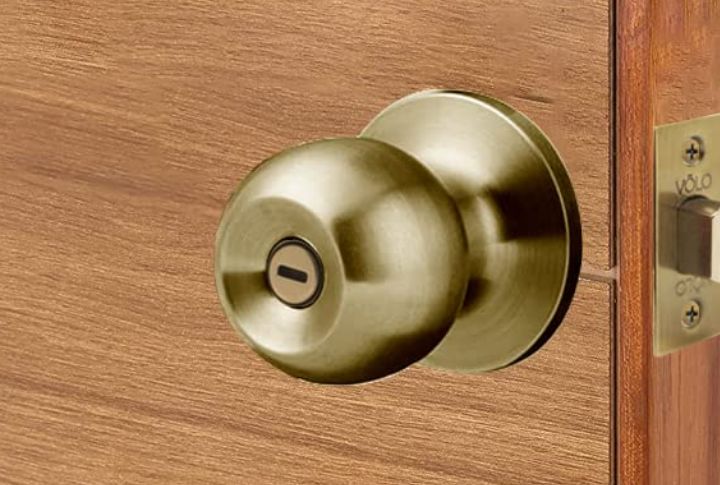
Shiny brass doorknobs, builder-grade light fixtures, and plastic faucets scream “too many quick fixes” rather than “quality home.” Outdated or cheap finishes give house shoppers an easy reason to negotiate down. A few strategic upgrades would be a matte black or brushed nickel hardware. This can make a massive difference without breaking the bank.
Too Much Carpet
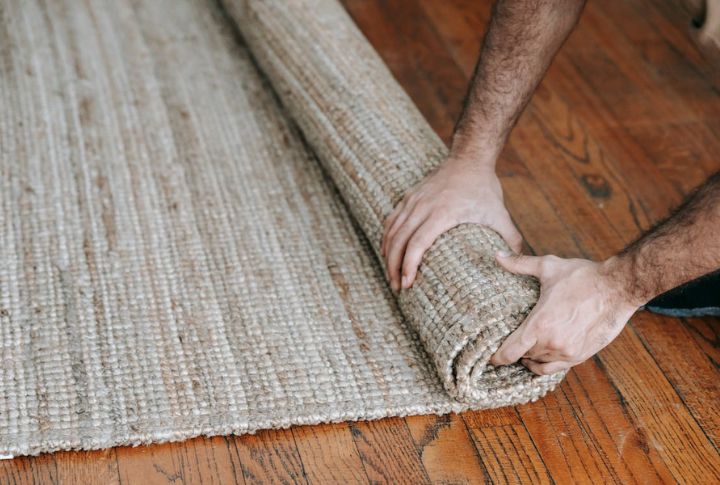
Wall-to-wall carpet used to be a sign of comfort. Now? It’s a red flag. Future homeowners worry about allergens, hidden stains, and years of trapped pet dander. Hardwood or luxury vinyl flooring is far more attractive. If replacing the carpet isn’t an option, get a deep clean before showing it.
Old Or Leased Solar Panels
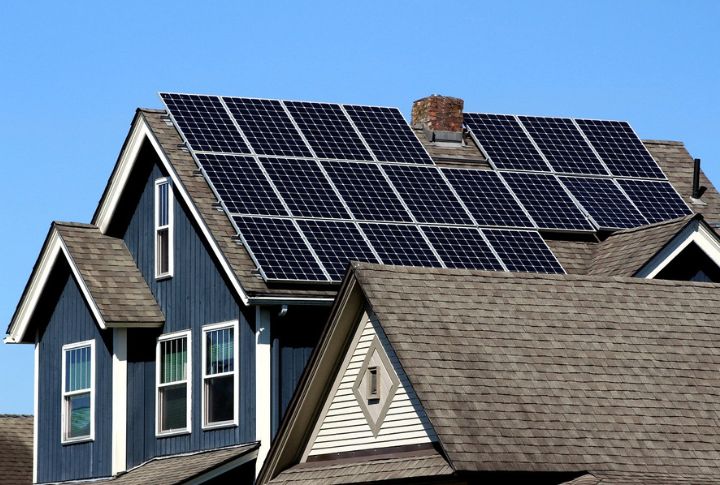
Energy efficiency is a selling point, but not when the solar panels are outdated or tied to a lease. House hunters hesitate when they inherit someone else’s contract, and older systems may not offer the savings they expect. Make sure your solar setup is an asset, not a complication.
Unpermitted Additions
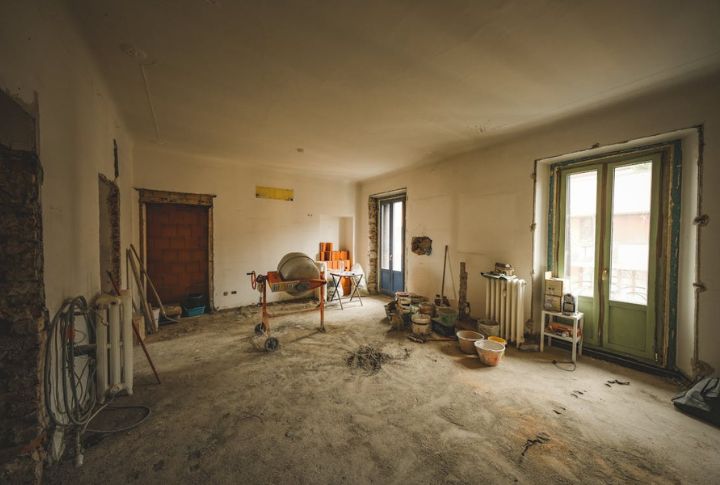
Adding a second-story bedroom or basement apartment without permits? That can backfire fast. Future homeowners (and lenders) want legally approved modifications. Anything unpermitted raises red flags about safety, taxes, and insurance issues. Without the right paperwork for changes, trouble may arise when you decide to sell.
DIY Overload
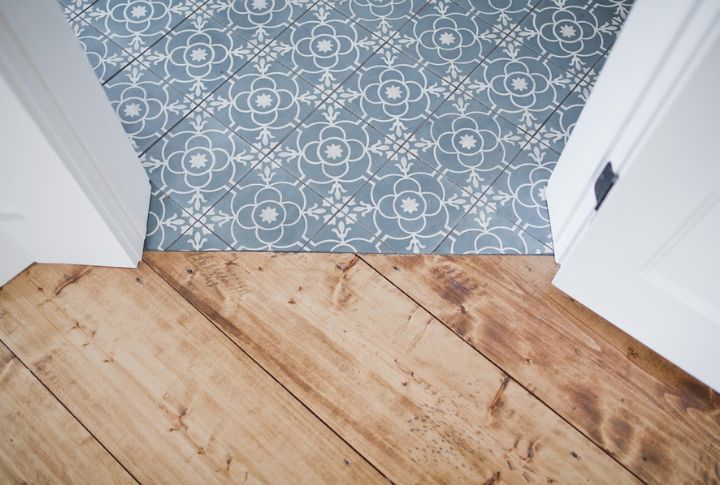
Sloppy DIY work doesn’t go unnoticed. Crooked tiles, uneven flooring, and shaky cabinets make potential buyers second-guess the home’s integrity. Small flaws create doubt, leading them to wonder what bigger issues might be lurking. If the work looks rushed or amateur, expect lower offers—or none at all.
